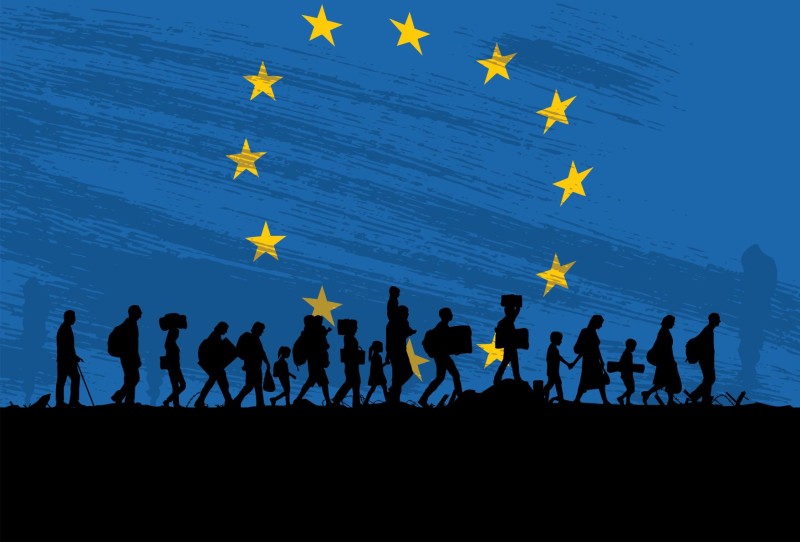The topic “conversion in the asylum procedure, new developments and old challenges” was brought into focus in an online event on 18 to 20 January 2022. The participants reflected on how the conversion to Christianity by asylum seekers in Europe has raised pastoral, theological-missiological, legal, as well as ethical questions and dilemmas for the churches.
The event was organised by the Churches Commission for Migrants in Europe (CCME) and the Conference of European Churches (CEC), together with the Bishops’ Conferences of the European Union (COMECE) and the European Evangelical Alliance (EEA).
“Often conversions in the asylum procedures are seen very differently by churches and asylum authorities and subsequently courts,” said CCME general secretary Dr Torsten Moritz. “Such diverse stances add to the conflict about the exact role and competence between the state and the church. A number of cases have received strong attention from media,” he added.
“This event brings into conversation the different perspectives on conversion in the asylum procedure,” said CEC general secretary Dr Jørgen Skov Sørensen. “It highlights the need for churches and decision-makers of our governments to continue working together on the matter. It is our hope that discussions over the three days will challenge churches from different faith traditions to revisit their priorities and strategies regarding the conversion of asylum seekers.”
“Only in this way can we become credible partners, committed bridge builders, and truly pastoral communities,” he added.
CCME and CEC Member Churches in different countries have addressed this issue, engaging with national asylum authorities. Some churches have developed internal guidelines. The issue has been discussed among asylum authorities and judges, both nationally and on a European level.
The event also addressed recent developments in jurisprudence and asylum authorities, reflecting on the opportunities and challenges for churches, showcasing best practice from churches. In an interdisciplinary approach, theological, as well as sociological, legal and socio-political aspects were examined by the participants with regard to churches, state authorities, judges and academia.
Document materials from the event will be published by the CCME in coming months.
Read more about the Churches’ Commission for Migrants in Europe
